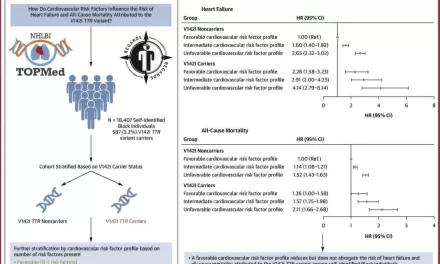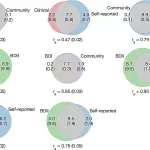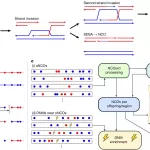
A cutting-edge Artificial Intelligence (AI) model has emerged as a potential game-changer in cardiac care, offering a revolutionary approach to screening patients for atrial fibrillation (AFib), an irregular and swift heartbeat associated with heightened risks of stroke and heart failure.
The groundbreaking findings, outlined in the journal npj Digital Medicine, harnessed data from nearly half a million individuals who each wore an electrocardiogram (ECG) patch to monitor their heart rhythms for a fortnight—a standard practice for AFib and other heart condition screenings.
The AI model, leveraging this extensive dataset, pinpointed subtle deviations in normal heart rhythms, undetectable by conventional screening methods, as indicative of AFib risk.
Giorgio Quer, Director of AI at Scripps Research Translational Institute and assistant professor of digital medicine at Scripps Research, underscored the transformative potential of this new tool in identifying high-risk AFib patients for further assessment and interventions.
“This new tool enables us to pinpoint patients at elevated AFib risk, directing necessary resources for timely intervention,” stated Quer, emphasizing its potential to potentially curtail the incidence of stroke and heart failure.
AFib-induced irregular heartbeats can lead to blood pooling in the heart, fostering blood clot formation that elevates the risk of strokes. Moreover, AFib is intricately linked to an increased susceptibility to heart failure or mortality.
Remarkably, the model showcased accuracy across diverse age groups, catering to both older individuals—prone to higher AFib risks—and those under 55, typically excluded from general AFib screenings due to lower risk factors.
Quer highlighted the model’s significance in identifying individuals with sporadic AFib occurrences, aiding diagnosis and timely intervention even among those with infrequent episodes.
“While patients with frequent AFib incidents are readily identified through week-long ECGs, this AI model bridges the gap for individuals with occasional episodes, ensuring timely diagnosis and potential intervention,” added Quer.
The unveiling of this AI-powered screening model represents a significant stride in proactive AFib detection, promising early identification of at-risk individuals, thus opening avenues for targeted interventions to mitigate the adverse impacts of this cardiac condition.










